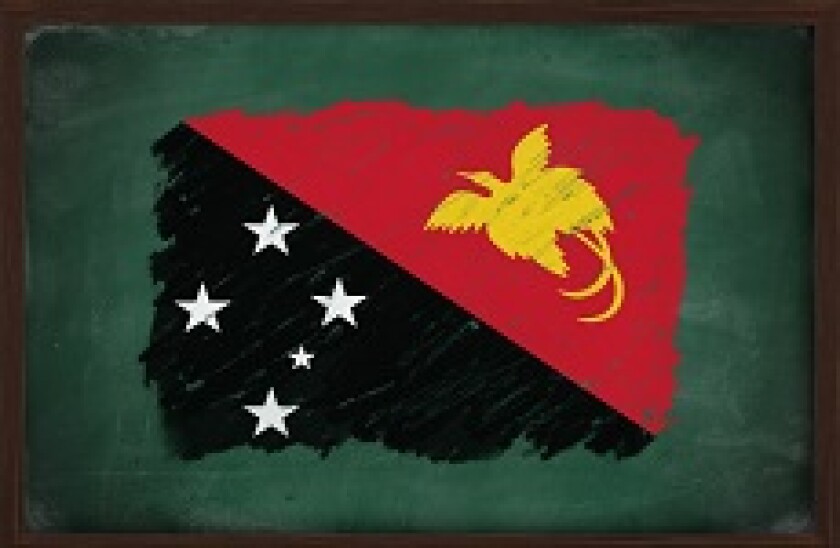Emerging markets have been in dire straits in recent months, so the sale of a $500m bond from PNG was certainly cause for celebration. US investors threw their weight behind the sovereign, allowing its deal to be well oversubscribed with the final book reaching an impressive $3.3bn.
This is undoubtedly good news. But should the market read too much into investors’ enthusiasm for the island nation’s debut transaction? There are clear signs not to.
For one, PNG has long been marching to the beat of its own drummer. The country has been eyeing a deal for years, and has made efforts to mandate banks and meet investors in the past. So it was peculiar that PNG decided to venture out for its fundraising at a less than ideal time. Earlier this year, the sovereign was downgraded by S&P to a B rating from B+, while Moody’s also altered its outlook to negative from stable — with both blaming the country’s deteriorating debt profile and low economic growth for their decisions.
Also, emerging markets have been battered recently, dragged down by major economic problems in Turkey and Argentina, in addition to other countries. That has had a trickle-down effect on Asia, pounding India and Indonesia in particular. Both have seen their currencies flounder.
Given the backdrop, once PNG decided to proceed with its transaction, it seemed less of a question of whether a deal would get done, and more of a question of price. In fairness, PNG was able to tighten its 10 year deal to 8.375% after starting in the 9% area, but the paper still trades wide of bonds from Sri Lanka and Pakistan.
What is key however is that a couple of things buoyed PNG’s transaction.
For one, it’s a token buy, given the rarity and diversification it offers to the buy-side. In addition, investors also snapped up the notes because of PNG’s decision to target just one tranche of notes, seeking emerging market index eligibility, rather than its initial plan to market two different tenors. Had the issuer sought two tranches, it may have split investors and possibly failed to get a large enough deal on either tenor to qualify for the index. Index eligibility is always an appeal to large institutional investors that focus on index tracking in emerging markets.
That is, however, where the appeal ends. While PNG’s notes have been well received in the secondary market, it is certainly not a bellwether for emerging markets as a whole.
PNG’s bond may lose its lustre as emerging market tensions heat up. It wouldn't be entirely surprising, as the country itself has long suffered from political instability. Last year’s general election, for instance, included violence, arson and an attempted kidnapping of a politician, in addition to allegations of bribery and voter fraud. Additionally, much of PNG’s economic potential is tied to its natural resources, including oil, that are still largely untapped.
Admittedly, PNG’s bond was certainly a huge step forward, but the market should not look at the transaction as reflecting a turn in sentiment towards emerging market credits. If PNG’s nearly 20-year journey to print its first dollar bond is any indication, it’s that no one should expect another debt sale from the country any time soon. Also, while the notes are a good diversifying buy for emerging market investors now, their long-term appeal is yet to be tested.
PNG’s fundraising is a win for the sovereign, but it offers little redemption for emerging markets.

